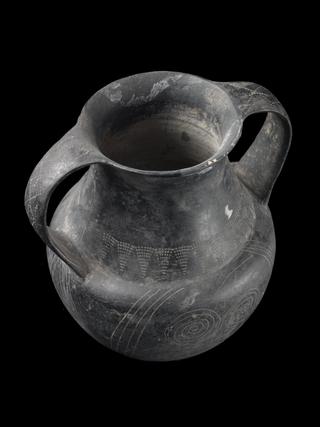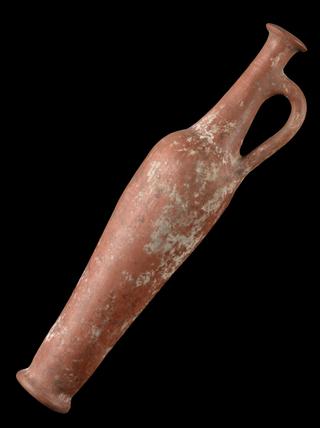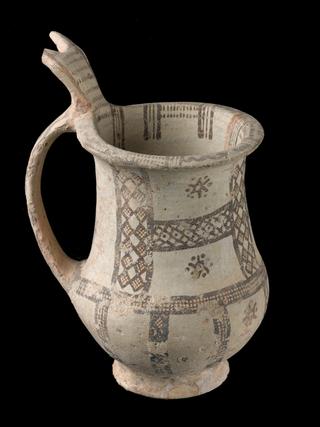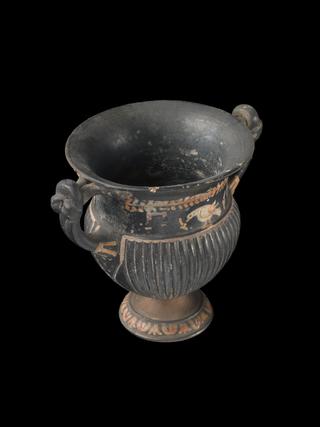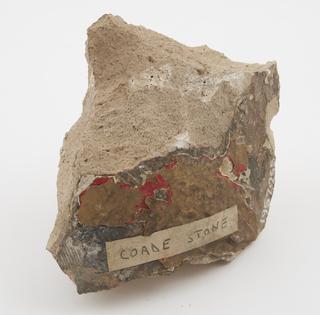
Cookworthy and Company Small porcelain teacup
- Made:
- circa 1768-70




Small porcelain teacup with painted flowers and gilt decoration, marked with blue cross used at Cookworthy's and Champion's Bristol factory, c. 1768-1770. William Cookworthy (1705-80) is regarded as the father of the English porcelain industry. He was born in Kingsbridge, Devon, the son of a Quaker weaver. When he was 14 years old William was taken on as an apprentice by Silvanus Bevan, a Quaker chemist and druggist based in London. By 1735 they were partners and with his late wife's brother formed "Cookworthy and Company". Cookworthy's most famous achievement was his work at the pioneering stages of the English porcelain industry. He discovered kaolin (China clay) near St Austell, in 1756, and established a china factory near Plymouth, with Thomas Pitt, Lord Camelford. They primarily made decorated tea services, jugs and vases but the business did not make a profit in Plymouth and they amalgamated with a pottery in Bristol. Cookworthy made his cousin Richard Champion his Manager.
Details
- Category:
- Ceramics
- Object Number:
- 1981-236
- Materials:
- teacup, porcelain and decoration, gilt
- type:
- tea cup
- credit:
- Phillips

